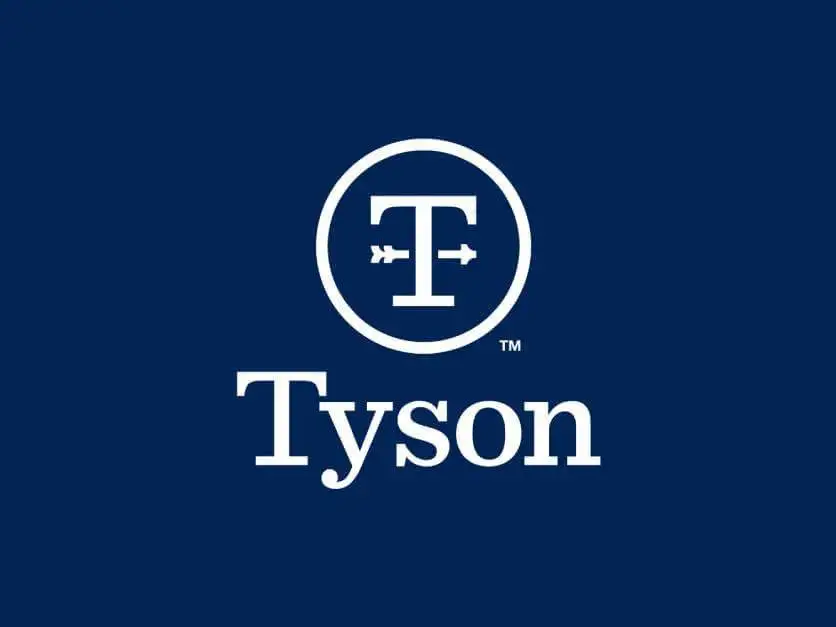Tyson Foods is misleading consumers by claiming it will reach net-zero greenhouse gas emissions by 2050, the Environmental Working Group alleges in a lawsuit filed in a Washington, D.C., court Wednesday that also goes after the company’s “climate-smart” beef claim.
Tyson has no discernible plan “to eliminate the vast emissions associated with the many stages of its beef, chicken, and pork production, including feed production, and has offered no details on how its industrially produced beef is a ‘climate-smart’ choice,” says the lawsuit, which was filed in D.C. Superior Court.
EWG is asking the court to enjoin ”Tyson’s false or misleading marketing claims under the D.C. Consumer Protection Procedures Act.” It also seeks an order “requiring redress of consumer misunderstanding about the climate impact of its industrial beef production.”
“Even if Tyson did have a plan to substantially reduce its overall GHG emissions and to change the way it produces meat, Tyson could not possibly fulfill its commitments to achieve net-zero emissions or make its beef products ‘climate-smart,’” the lawsuit states.
Kelsey Eberly, a senior staff attorney with FarmSTAND helping to represent EWG, said on a call with reporters Wednesday that Tyson’s GHG emissions are “estimated to be greater than those in entire industrialized countries, including Austria, Belgium, Greece or New Zealand.”
USDA has approved a label allowing Tyson’s Brazen Beef brand to claim its production results in a 10% reduction in GHGs, but the lawsuit doesn’t address the label. EWG has petitioned FSIS to prohibit “climate-friendly” or similar claims on beef products.
The Food Safety and Inspection Service recently released updated guidelines for manufacturers in which it “strongly encourages the use of third-party certification to substantiate animal-raising or environment-related claims.”
“Consumers depend on corporations to provide honest and transparent information about their products and practices,” EWG Chief Operating Office and General Counsel Caroline Leary said on a call with reporters Wednesday. “Without this, consumers are left vulnerable to false or misleading claims.”
In a statement by a spokesperson, Tyson said, “While we do not comment on specific litigation, Tyson Foods has a long history of sustainable practices that embrace good stewardship of our environmental resources. We will continue to support agricultural practices that further these efforts and work to strengthen the overall resiliency of the U.S. agriculture system.”
JBS, the world’s largest beef producer, also is facing a lawsuit over climate-friendly claims. New York Attorney General Letitia James sued the company in March. That lawsuit follows a recommendation from the National Advertising Review Board of the Better Business Bureau that JBS’s climate claims were misleading to consumers.
This article was updated with a statement from Tyson Foods.
For more news, go to www.Agri-Pulse.com.

